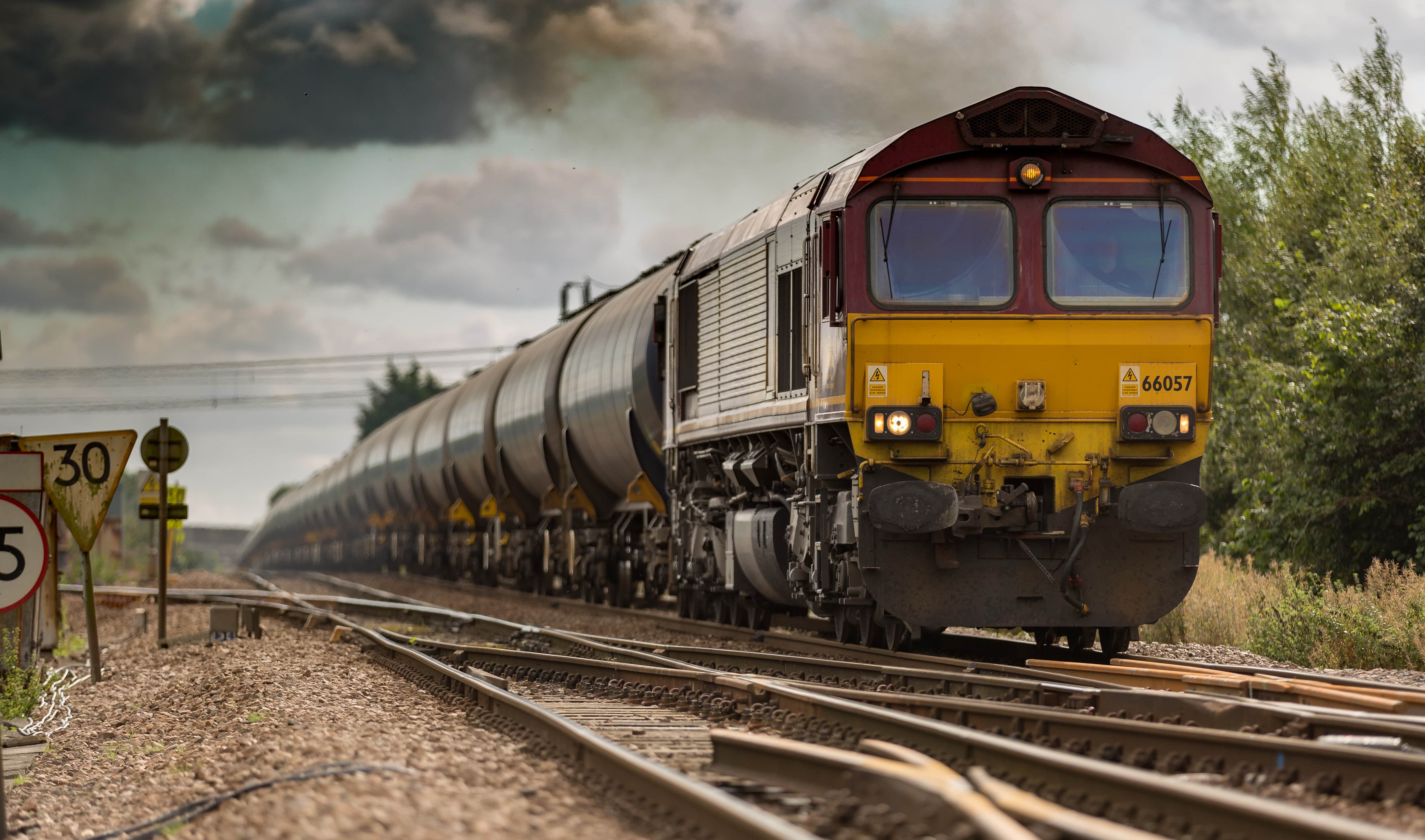Trains are a form of transport where a series of connected vehicles generally run along a railroad to transport passengers or commercial goods. The word “Train” comes from the old French Trahiner, derived from the Latin word Trahere meaning “to pull” or “to draw”.
Materials for railway applications are required to maintain the integrity of the structure and to be inert. Stainless steels are used in trains and in railway systems because of this, because they are resistant to corrosion, easily fabricated and they offer good mechanical properties.
Austenitic stainless steel grades AISI 304 and AISI 301 are most suitable for mile service environments and have been used in the construction of railway carriages, while grades ASTM S41050 has been mostly used for freight wagons. Stainless Steel is used for these applications due to the fact that it doesn’t need protective coatings, which means that the maintenance costs are reduced.










 T: + 44 (0)1902 409316
T: + 44 (0)1902 409316